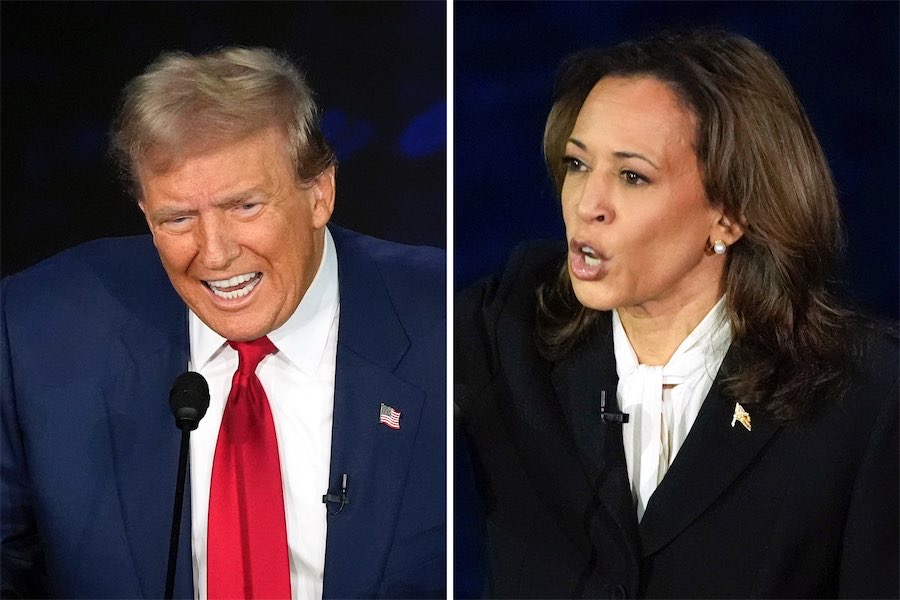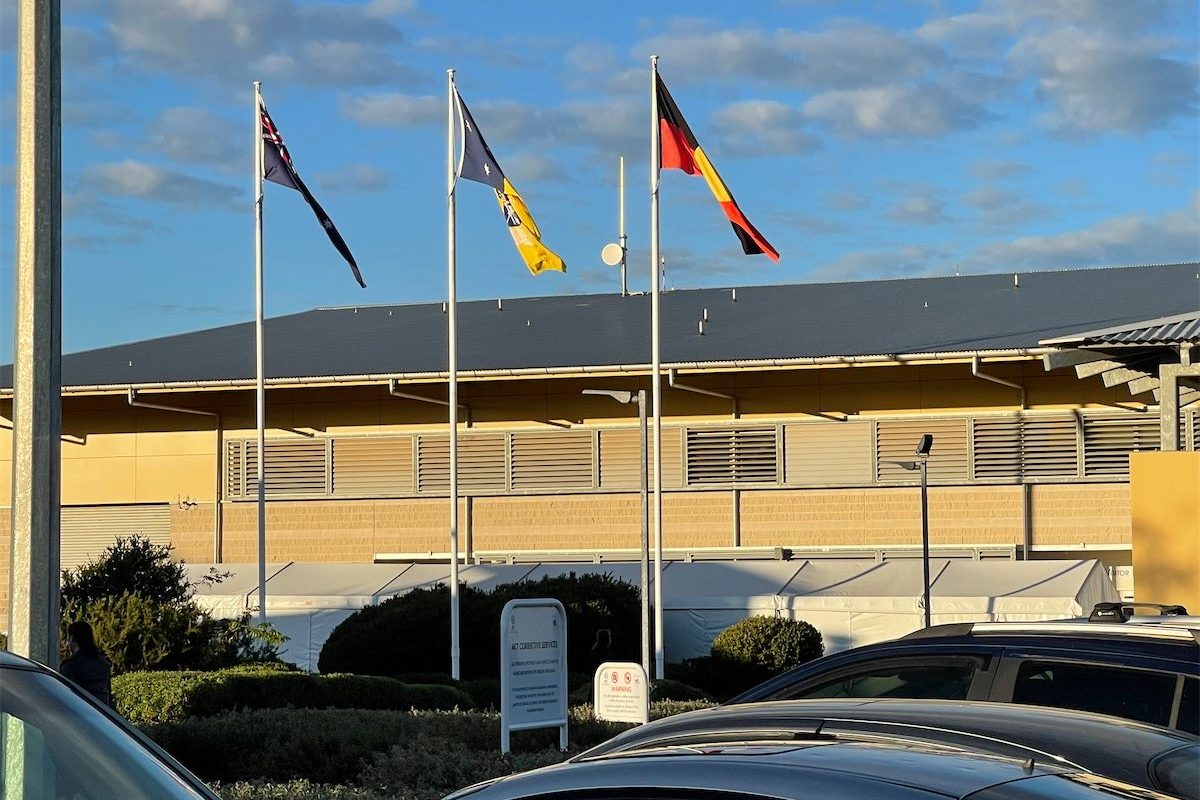
“Control the narrative. Forget the why. Just get something out there. Something people talk about. For whatever reason. Trump’s team was brilliant at this,” writes political columnist ANDREW HUGHES.
The second most interesting and watched election to many Australians after our own federal election is usually the US Presidential race.

This year was no different. Tomes will be written about the 2024 one, but for me these are the five most interesting lessons.
Control the narrative, control the campaign
Radio folk have one big fear. Dead air. Or when a broadcast is broadcasting nothing. Just silence. Political campaigns fear this as well. So, the way to stop this is to control the narrative. Forget the why. Just get something out there. Something people talk about. For whatever reason.
Donald Trump’s team was brilliant at this. And Labor in Queensland and here in the ACT did their own micro versions. Taking up space in the campaign means that there are little gaps for opponents to get their message out, and usually they talk about you anyway.
That’s perfect because in a campaign the clock is always ticking down to when voting opens, so they have less and less time to get their message across. It is choking them and, with early voting being so important now, even the last week ad spend does not save them. The Democrats spent $US400 million more and still didn’t win.
Specific policy targeting at the opponent’s base
The most successful ad for the Republicans? Anyone guess? It was the one on how they would remove income taxes from social welfare payments and tips. Wait a minute… are not they the base for the Democrats? The low waged and people down and out.
Such smart targeting because it likely blunted turnout numbers for the Democrats, not to mention made voters really think about what perception they had of the Republicans. Especially because the Democrats were not going to do the same.
Reinforcement of this policy came via messaging on immigration and defence, which themselves backed up the central brand of the party and Trump.
Kamala Harris struggled on a platform that was mainly, I will not be Donald Trump, which became more and more like an ad for her not listening to her own base, which her opponent was.
The new media and the masses
The media landscape is constantly changing. If you really want to understand political campaigning in 2024 do the following: watch a Mr Beast video. Then go over and listen, all the way, to a Joe Rogan pod. Still make no sense?
You must move away from logic sometimes in the modern era. Sounds counter intuitive, right? And it is as risky as wearing paper togs to the beach. But pods, once seen as outdated and too slow, are definitely back in and allow people to hedonistically consume media away from prying and judgemental eyes. But gender is not about one gender either. Trump’s team knew this and weaponised new media to its fullest (and most effective) extent using the big-name celebs with those he needed to get out and vote.
Tried here? A bit in 2022 and the Voice, but expect more in 2025.
It is behaviour change, not politics
Political campaigns are in essence behaviour-change campaigns. You need to keep the base solid, but also win over the undecideds. Trump’s campaign has upended some traditional political theory because all they really want is your behaviour to change.
It is very transactional as they are not necessarily after a long-term relationship built around a lifelong brand identification. They just want to do whatever it takes to get your vote. Within reason.
This is where it gets grubby, but what they found in 2016 works well in that scenario is not to use positive messaging to do that, but to make you angry. Really angry. Wedge politics as some call it here. But transactional.
So out comes the victim statements, with clearly identified villains. Of course, good thing is we have the brand hero you need to save the day/wage/neighbourhood/you. But you either love it or hate it. Which is fine, because it is tied into points above, and becomes part of a broader strategy.
This has been tried in Australia before, MediScare in 2016, then death taxes in 2019, and an iteration already in 2025 with Labor being the “builders” and Dutton “the destroyer”. Culture and society are different here so, as noted, it becomes hit and miss, but as 2016 and 2019 showed it can and may work.
Leadership = Brand
Harris was far too restricted in her policy approach because of fear over upsetting her current boss. That fear came across as also a lack of self-confidence, and that opened the door to add more effectiveness and fire to the Trump campaign.
Clearly, she needed her own policies, built around her own brand. And at least a year before the campaign. Changing so late really hurt the Democrats for so many reasons.
Lessons for us? Do not wait. So, few leaders want to willingly leave office. Who would? Power. Attention. Control. Money. Influence. But they all go when the job does. Ouch!
Yet not leaving enough time for a new leader to establish their own brand, with their own policies, personality and perception, is death.
It happens here, too, and unless parties change candidates and leadership to keep the brand fresh then it will keep on happening. As they say, the more things change, sometimes the more they also stay the same.
Dr Andrew Hughes is a lecturer in marketing with the Research School of Management at ANU where he specialises in political marketing and advertising.
Who can be trusted?
In a world of spin and confusion, there’s never been a more important time to support independent journalism in Canberra.
If you trust our work online and want to enforce the power of independent voices, I invite you to make a small contribution.
Every dollar of support is invested back into our journalism to help keep citynews.com.au strong and free.
Thank you,
Ian Meikle, editor





Leave a Reply